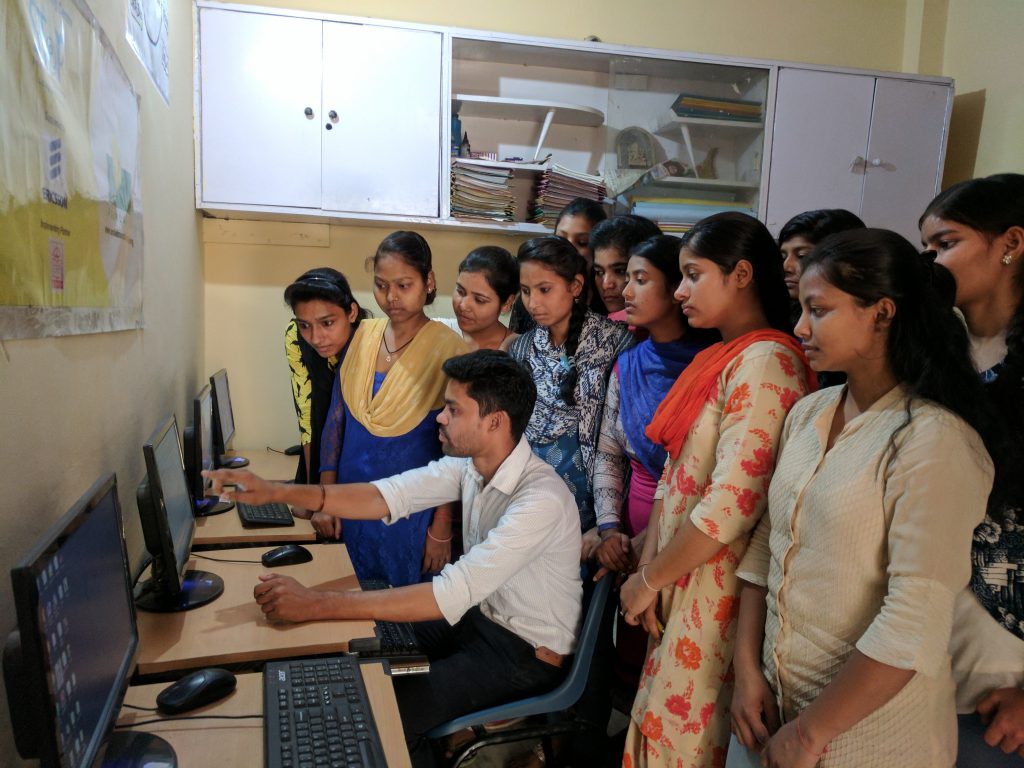A grassroots organization is one that starts a socio-economic movement with the people of a certain district, area, or community. Grassroots movements and groups use coordinated action at the local, regional, national, and worldwide levels to affect change. Thus, it is important to empower the grassroots to effect real social change.
Importance of Grassroots Organizations
Grassroots organizations are important because constructive change rarely occurs or lasts when it comes from the top down. Activities of grassroots organizations are associated with bottom-up decision making rather than top-down. They are sometimes rightly thought to be more natural or spontaneous than more established power systems.
People active in grassroots movements typically have the best understanding of the local issues. This is because they are members of the community most affected by the issue at hand. They are also more likely to be familiar with local important contacts who have the capacity to bring about the desired change. They are the ones who can persuade community leaders that the change is a good thing. Like Mr. Kalappa Lakshmaiah who had to walk 16 km every day to attend his high school classes and so, he ensured that the next generation will have their own school in the village to go to.
Members of grassroots movements generally have a more realistic view of where the rubber meets the road. Grassroots movements can exemplify a distinct style of thinking or express a problem that is significant to a segment of the general public.
What can Community-based Organizations (CBOs) offer to Big Urban Development Processes?
If community-based organisations are to be effective in significantly modifying current urban development patterns, it must occur on numerous levels. First, local residents, particularly women, should be involved in neighbourhood organizations. Second, they must work together across settlement lines to document needs and define priorities. Third, settlement networks must be integrated at the city level. This can be done by collaborating on inclusive solutions with local government officials and politicians while eliminating exploitation of the grassroots process.
All these together can contribute in empowering the grassroots.
Empowered Grassroots Organizations Address Issues Differently
Local community groups and local governments work together to provide the most effective initiatives. National governments can play a significant role in supplying resources. However, municipal governments are crucial in working on urban poverty. Local governments are connected to the people and may respond to their demands. They have an impact on local land development, service access, and regulatory frameworks for the growth of informal settlements.
Why should municipal governments work with grassroots organizations?
Clientelist political ties are widespread, especially in resource-constrained contexts. These things restrict resources from being used effectively, drive communities to compete with one another, and reinforce vertical power relations. This is disadvantageous to many of the most vulnerable residents.
Grassroots organizations networked at the city level can fight these practices and help local governments become more responsible. They can provide innovative answers to current problems by collaborating with local governments and communities. Moreover, they can establish an alternative neighbourhood-based voice that confronts prejudice and discrimination against the poor in both resource-rich and resource-poor circumstances. Women are frequently involved to be part of these neighbourhood initiatives. They are adept at establishing connections as well as making practical changes. As a result, new public roles for women are created as part of empowering the grassroots.
Challenges Faced by Grassroots Organizations
There are a limited number of problems that communities confront while attempting to collaborate with national government departments and development agencies on a regular basis. First, projects are not flexible enough to allow local community groups to choose their own priorities and how to effectively handle them. A substantial local involvement is not possible unless these programmes are restructured. Those most in need will only join in once the project is approved and activities begin. This is not to say that there are no rules or accountability. Instead, the rules must be more process-oriented. This means that rather than solutions, communities must document requirements and designate priorities, such as improved water providers.
Once it is accepted that there is a need and that resources are available, local citizens can be engaged in developing solutions to improve their position. If the solution is already predetermined, it is unlikely to work because local ownership will be too weak.
The Need to empower Grassroots Organizations
Development of the grassroots combines holistic methods and local capacity building to embolden vulnerable groups. This helps them grow in accordance with their own needs and values. As a result, grassroots organizations may assist communities in leading happy, healthy, and prosperous lives that they value and have reason to cherish.
Grassroots projects give communities the ability to shape their own development. At Smile Foundation, we firmly believe in the power of the grassroots. Through various trainings and workshops in our Empowering Grassroots initiative, we seek to empower and educate our partners who are working at the local level. These include things such as mobilizing support, local fundraising, strengthening resources, and so on.









